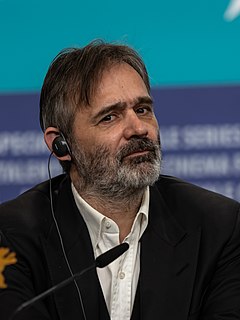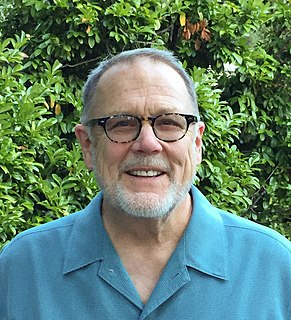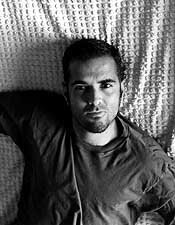A Quote by Baltasar Kormakur
I've always looked at filmmaking as a lifestyle. There is no decision of when you go to work. It's a way of life: you're thinking about scripts; you see things and think, 'That could be interesting'... I don't think about my work as, 'Today I'll work on this, this and that.' It just comes to me.
Related Quotes
The public interest always surprises me. I come to work in these rooms with no windows. At night I go home. I just live my life. I guess I just don't think much about whether people are going to watch. Most of my friends don't know much about what I do, and we don't talk about it. I have a different life away from work. Which is fine, because my work can get pretty intense.
I think too much is known about me already. I think biographical information can get in the way of the reading experience. The interchange between the reader and the work. For example, I know far too much about Norman Mailer and Kurt Vonnegut. Because I know as much as I do about their personal lives, I can't read their work without this interjecting itself. So if I had it to do over, I'd probably go the way of J.D. Salinger or Thomas Pynchon. And just stay out of it altogether and let all the focus be on the work itself and not on me.
Work begets work. Just work. If you work, people will find out about you and want to work with you if you're good. So work anywhere you can. That's why I've changed my mind about these theatres where people work for free or have to pay money. I think it's kind of terrible that they feel they have to, but you know what? They're working.
I would love to just have the work do the talking. We're in positions where people ask us questions; they want to know about more than just the work. And it can go into areas where I've completely shot my mouth off, whether it's too much about my private life or being too opinionated about things in the world. I think the better thing to do - I've learned this from people far wiser than me - is to do very good, quiet work behind closed doors.
When you're younger, you get scripts that you are too young for and now I'm getting scripts, which I think, "I'm too old for this character." They can always shift things around to make it work and make the ages work. But I'm definitely getting more complex and interesting roles and less what you would expect. So I can experiment more and have a bit more freedom when I'm putting things on tape.
I think everyone is always asking themselves, How is my work meaningful, how is my life meaningful? As I get older, I feel like who I am as a person and a citizen is more important than who I am in my work. But I do think it reframed slightly for me, how much I have to care about a project in order to want to do it. Sometimes, obviously, you have a take a job for money. But I think I'm quicker now when I get a script that's, say, borderline misogynist, I'm not going to go in for it. I'm thinking more about what I'm putting into the world.
I think it reaffirmed something that I believed in and conceptually always had faith in which was that you're most effective when you work as a team. I love that about filmmaking. I stopped playing team sports at 15-16 because of acting. I think I find a kind of new team sport in filmmaking in a way.
Running is a huge category for us. To be able to run to work and have lightweight, breathable, windproof materials you can chuck in your bag that work on technical level but also on a lifestyle level are really important to me. I work out - and I think most people do - and I want to encourage women and inspire them in a way that fits in with their lifestyle.


































